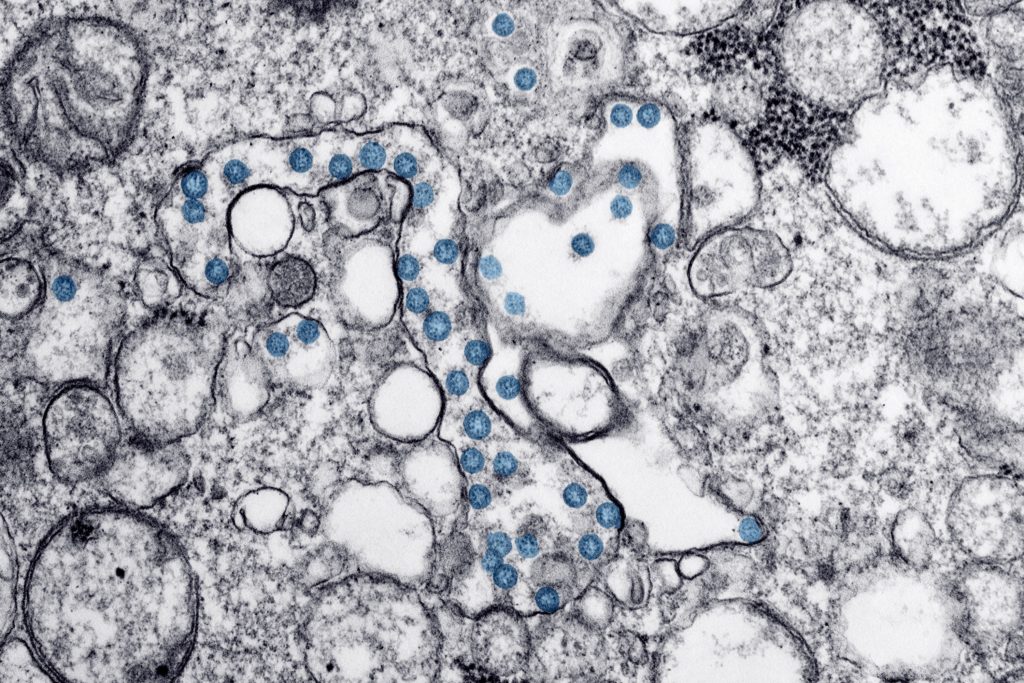Since COVID-19 vaccines became more widely available in the U.S., home health providers have been working to “get shots in the arms” of vulnerable, homebound populations. The U.S. Centers for Medicare & Medicaid Services (CMS) announced new support for those providers on Wednesday.
As part of the Biden administration’s commitment to increasing access to vaccinations, CMS is implementing an additional payment amount for delivering in-home COVID-19 vaccinations to Medicare beneficiaries “who have difficulty leaving their homes or are otherwise hard-to-reach.”
Currently, there are an estimated 1.6 million older adults who are homebound, federal statistics suggest.
“CMS is committed to meeting the unique needs of Medicare consumers and their communities – particularly those who are homebound or who have trouble getting to a vaccination site,” recently confirmed CMS Administrator Chiquita Brooks-LaSure said in a statement. “That’s why we’re acting today to expand the availability of the COVID-19 vaccine to people with Medicare at home.”
To better serve the homebound population, Medicare will pay an extra $35 per dose for COVID-19 vaccine administration in a beneficiary’s home, increasing the total payment amount for at-home vaccination from roughly $40 per dose to about $75. For a two-dose vaccine, the increase results in a total payment of about $150.
CMS previously updated the Medicare payment rates for vaccine administration to around $40 per dose on March 15. Prior to that, the rate ranged from $16.94 to $28.39 per shot, depending on vaccine and dose number.
The fact that CMS is effectively doubling vaccination reimbursement for the homebound reinforces just how difficult it is to protect certain hard-to-reach groups.
Visiting Nurse Association Health Group (VNAHG) is a home-based care provider that has been administering in-home vaccinations for months. In its New Jersey location, the nonprofit has done over 600 in-home vaccinations, with plans to provide 50 more each week moving forward.
“The homebound are a vulnerable population and are at high risk for death and morbidity from COVID-19, so access to vaccinations for this group and their caregivers is of critical importance,” Dr. Steven Landers, president and CEO of VNAHG, told Home Health Care News. “We don’t have an exact estimate, but we believe there are still many homebound people who need and want a vaccine.”
The U.S. has averaged more than 1.07 million shots administered per day, down from the peak seven-day average of 3.38 million shots per day reached in April, according to CDC data. The White House’s is to have 70% of American adults receive at least one dose by July 4.
Despite progress in curbing its spread, the COVID-19 virus — and related hospitalizations — remains prevalent in many communities with lower vaccination rates.
“We’re committed to taking action wherever barriers exist and bringing the fight against the COVID-19 pandemic to the door of older adults and other individuals covered by Medicare who still need protection,” Brooks-LaSure continued.
There are plenty of logistical challenges in delivering vaccines in the home generally, but those targeting the coronavirus are particularly tricky.
For starters, COVID-19 vaccines require extremely low storage temperatures and other handling nuances. For health care professionals who go into the home, administering vaccines also means added clinical time to monitor beneficiaries for any unwanted responses.
“Our experience would dictate that the staffing and logistical resources involved with home vaccination require substantially more resources than clinic or outpatient models,” Landers said. “Thus, we are happy that CMS is acknowledging that more resources are needed in their latest policy change. We hope there is continued dialogue with CMS to maximize the impact, getting great vaccination rates for homebound seniors.”
The payment rate for administering each dose of a COVID-19 vaccine, as well as the additional in-home payment amount, will be geographically adjusted based on where the service is furnished, CMS noted.
Home-based care advocates have long called for more assistance in vaccinating the homebound.
Washington, D.C.-based LeadingAge, for example, raised the issue in a March 9 letter to Dr. Cameron Webb, the White House senior policy advisor for COVID-19 equity.
Connecting vaccines with older adults who are homebound or who are best served by receiving a vaccine in their homes has been a challenge throughout the pandemic, Mollie Gurian, director of hospice, palliative and home health policy at LeadingAge, told HHCN.
“Today’s announcement of increased Medicare reimbursement for providers is a positive move that will make it easier for our home health and other members who serve in the community to be able to provide vaccines to older adults, both in their homes and at other more easily accessible sites,” Gurian said. “We applaud the administration for recognizing the need for more reimbursement to support these efforts.”
The National Association for Home Care & Hospice (NAHC) was likewise supportive of the move.
“This is a very positive step forward,” NAHC President William A. Dombi said in a statement shared with HHCN. “We thank the White House and CMS for the productive discussions on vaccinating homebound patients in the past few weeks. We look forward to continuing our partnership with them in getting vaccines to a very vulnerable group of individuals who cannot otherwise secure the life-saving COVID vaccines.”
The current claims process for administering the COVID-19 vaccine does not provide the setting for which the vaccine was administered. Therefore, it’s impossible to know just how many vaccines home health providers have delivered.
However, Wednesday’s announcement about the new reimbursement rate for at home vaccination provides for a new billing code for vaccines that are administered in the home, a CMS spokesperson told HHCN in an email.
“This will allow CMS to determine the number of vaccines administered at home in the future,” the spokesperson said.
Companies featured in this article:
LeadingAge, NAHC, National Association for Home Care & Hospice, Visiting Nurse Association Health Group





